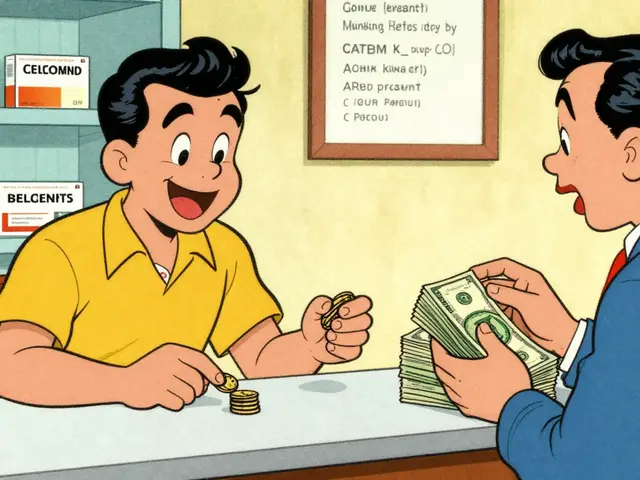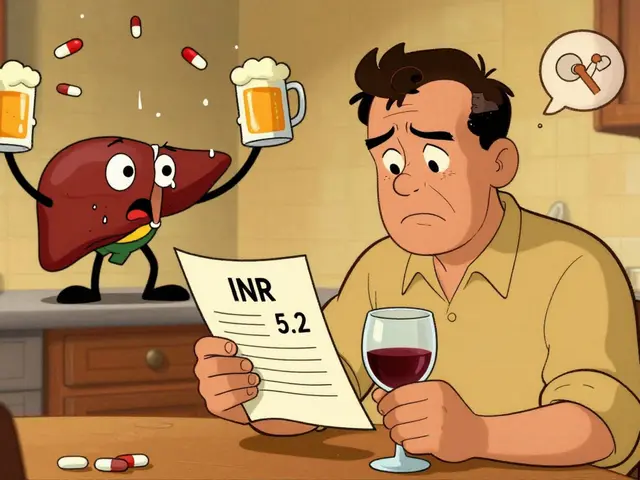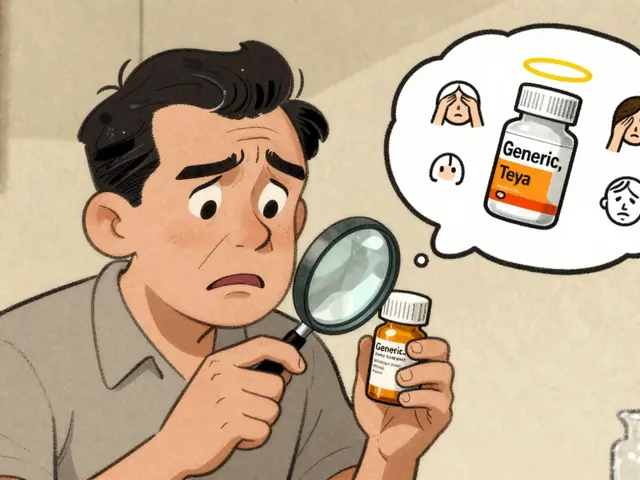Gastritis Treatment: Quick Relief and Long‑Term Care
If your stomach feels constantly raw, you’re probably dealing with gastritis. The good news is you don’t have to live with the pain. A mix of medicines, simple diet changes, and a few lifestyle tweaks can bring relief fast and keep the lining of your stomach healthy.
Medications That Calm the Stomach
First‑line drugs are proton pump inhibitors (PPIs) like omeprazole or pantoprazole. They block acid production, giving the stomach wall a chance to heal. Most people notice less burning within a few days, but doctors usually recommend a 4‑to‑8‑week course.
If PPIs feel too strong, H2 blockers such as ranitidine or famotidine work well for milder cases. They also lower acid, but they’re easier on the body and can be taken on an as‑needed basis.
When the cause is a bacterial infection, antibiotics are a must. Helicobacter pylori (H. pylori) infection is a common trigger for gastritis. A typical regimen pairs clarithromycin, amoxicillin (or metronidazole), and a PPI for two weeks. Eradicating the bug often ends the inflammation permanently.
Antacids like calcium carbonate provide instant, short‑term relief. They’re handy for a sudden flare‑up, but they don’t treat the underlying issue.
Lifestyle Tweaks to Keep Gastritis at Bay
What you eat matters a lot. Skip spicy, acidic, and fried foods while you’re healing. Stick to bland options: boiled potatoes, plain rice, oatmeal, and steamed veggies. Small, frequent meals are easier on the stomach than big plates.
Alcohol and smoking irritate the stomach lining, so cut them out if you can. Even cutting back can lower pain levels.
Caffeine can increase acid, so limit coffee, tea, and energy drinks. If you need a warm drink, try herbal teas like chamomile or ginger, which are soothing and gentle.
Stress isn’t just a feeling – it can boost stomach acid. Simple stress‑relief habits—short walks, deep breathing, or a few minutes of meditation—help keep acid in check.
Finally, stay hydrated with water. Avoid carbonated drinks; the bubbles can expand the stomach and worsen discomfort.
Putting medication, diet, and lifestyle together usually clears up gastritis in a month or less. If symptoms linger past that, or if you notice vomiting blood, weight loss, or severe pain, see a doctor right away. Those signs could mean a deeper problem that needs more intensive care.
Bottom line: Treating gastritis isn’t a mystery. Start with a PPI or H2 blocker, check for H. pylori, adjust what you eat, and ditch irritants. With those steps, most people feel normal again quickly and stay that way.

Clarithromycin in Treating Gastritis and Peptic Ulcers - How It Works
- By : Tamsin Riverton
- Date : Aug 29 2025
Explore how clarithromycin, combined with other drugs, treats gastritis and peptic ulcer disease caused by H. pylori, including regimens, resistance and side‑effects.




